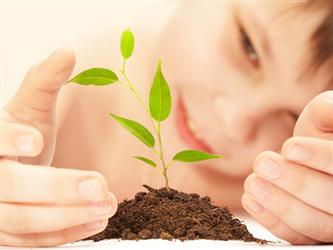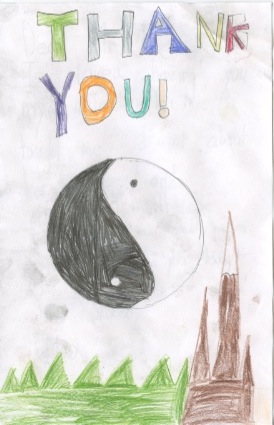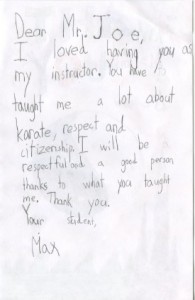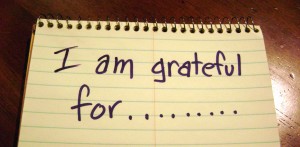 The discussion of patience this month cannot ignore working on our ability to be patient with ourselves. In a world that we have so many things available to us instantly, that waiting for our computer to load a page is intolerable if it takes more than a second or two, we have come to believe that our goals and relationships must be reached now without waiting. Even with ourselves we can become impatient if we do not get what we want right away.
The discussion of patience this month cannot ignore working on our ability to be patient with ourselves. In a world that we have so many things available to us instantly, that waiting for our computer to load a page is intolerable if it takes more than a second or two, we have come to believe that our goals and relationships must be reached now without waiting. Even with ourselves we can become impatient if we do not get what we want right away.
The practice of being patient with ourselves allows us to “not be perfect”, to accept our mistakes without beating ourselves up. It helps us to set goals for our life and then work at achieving them, while recognizing that most goals will not be reached without perseverance. When we are not patient with ourselves it becomes very stressful and this stress leads us to internalizing the bad feelings, lowering our self-esteem, and many times we may begin to start playing the ‘blame game’. All of this impatience, stress, and lowered self esteem can lead to either internal or external expression of anger, resulting in harming our relationships.
Teaching our children the value of not beating ourselves up when we “fail” and not over celebrating ourselves with we “succeed” – will allow us and them to grow, reach set goals and like ourselves for who we are, which will build self esteem. Are you impatient with yourself at times? How does impatience happen? How does it feel when we are stressed out by our impatience?





